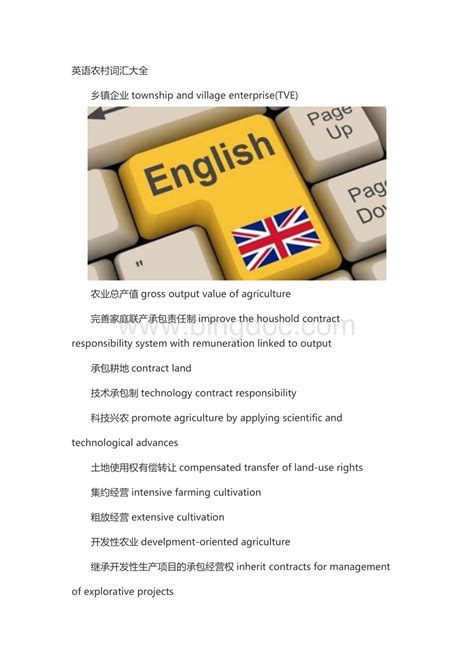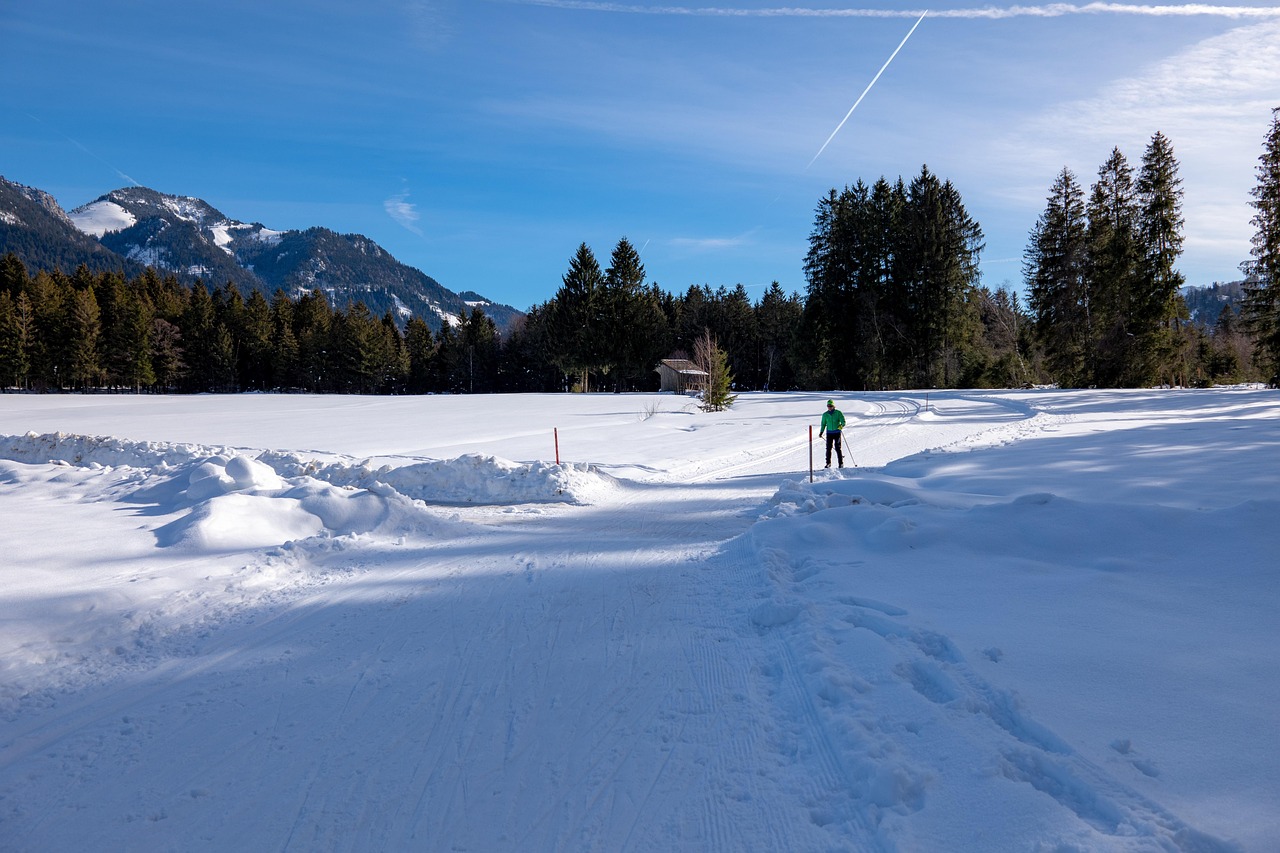在农村英文翻译怎么写
Title: Translating "农村" (Nóngcūn) into English
When translating "农村" (Nóngcūn) from Chinese into English, there are several possible translations, each with its own nuances and implications. "农村" refers to rural areas or countryside in English, but the choice of words depends on the context and what aspects of rural life you want to emphasize.
"Rural areas" is a straightforward and commonly used translation. It refers to regions characterized by countryside landscapes, agricultural activities, and smaller populations compared to urban areas. This term is suitable for general discussions about agricultural practices, rural development, and living conditions.

"Countryside" is another accurate translation, often used to evoke the picturesque landscapes and slower pace of life associated with rural areas. It emphasizes the natural beauty and tranquility of the rural environment. This term is suitable for descriptions of rural scenery, tourism promotion, and cultural depictions.
In some contexts, "villages" may be a suitable translation, especially when focusing on specific communities within rural areas. "Villages" highlights the closeknit social structures and traditional way of life often found in rural settlements. This term is appropriate for discussions about village life, community development, and social dynamics.
If the emphasis is on agricultural activities and the livelihoods of rural residents, "farming communities" may be a fitting translation. This term underscores the importance of agriculture as the primary economic activity in rural areas and emphasizes the interconnectedness of rural society around farming practices.
In certain contexts, particularly when discussing remote or isolated rural regions, "hinterlands" could be used. "Hinterlands" suggests areas located beyond the outskirts of urban centers and may imply a degree of geographical and cultural isolation. This term is suitable for discussions about remote rural regions and their unique challenges.
For a more neutral and general translation, "outlying areas" can be used. This term simply denotes areas located away from urban centers without emphasizing specific aspects of rural life. It is suitable for broad discussions about spatial distribution and urbanrural divides.
When translating "农村" (Nóngcūn) into English, it's essential to consider the context and intended meaning. Whether you choose "rural areas," "countryside," "villages," "farming communities," "hinterlands," or "outlying areas" depends on what aspects of rural life you want to convey. Each translation offers a different perspective on the diverse landscapes, communities, and cultures found in rural China.












评论